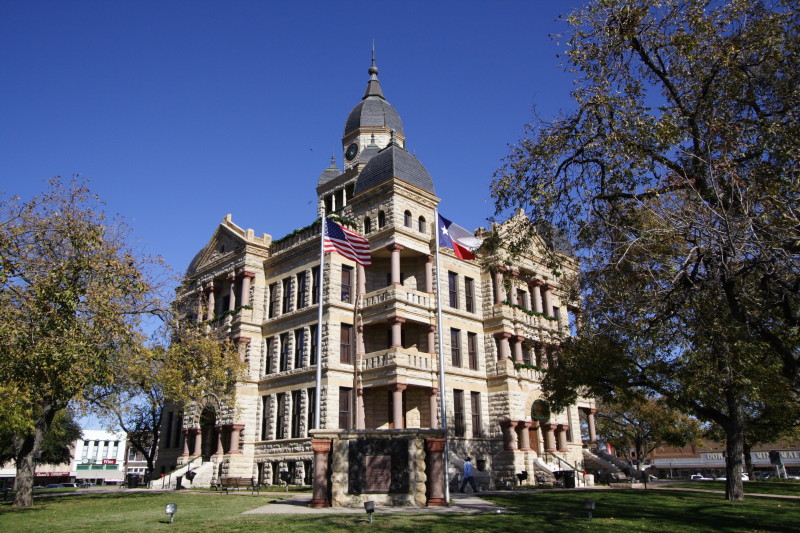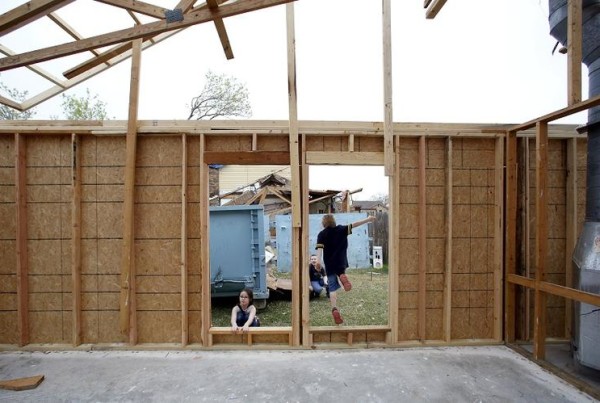Remember the Alamo? How could we forget.
Remember Denton? That’s a different sort of battle.
Those were people who believed in self-determination – the right to say no to something they felt was doing them harm. To be independent, at least when it came to the energy companies fracking in their general vicinity. Of course, lawmakers in Austin told Denton they couldn’t do that, and wrote a law to override Denton’s law. Reduced to a mathematical equation, it would resemble something like this: State > City.
Perhaps this story came to mind the other day when we heard news from North Carolina that lawmakers there were also overriding local ordinances – including laws designed to prevent discrimination against LGBT people.
How much do these two events have in common? Alan Greenblatt, who writes for Governing Magazine, says that more and more, this kind of tension is becoming the new normal in relationships between city and state governments. He calls it the “state’s war on cities.” And he says it’s happening all over the country.
“It’s very common. You know, you’re talking about laws in Wisconsin that are preventing Milwaukee from doing things, there are laws in Arizona preventing Phoenix from doing things,” Greenblatt says. “You can throw a dart at a map and you can see it practically anywhere.”
Greenblatt says city leadership is becoming increasingly liberal, while Republicans control state-level government in most states.
“Basically it’s a mismatch between the political leadership between those of cities and those of states,” he says. “The cities have become these kind of laboratories for progressive ideas, like minimum wage increases and paid sick leave requirements and gay rights ordinances. And most states at the same time now are run by Republicans … So you have Republican lawmakers saying, ‘Cites, we can’t approve of these liberal agenda items.'”
Greenblatt says that it goes against the conservative narrative of “small government.”
“It’s one of those things,” he says, “where you believe in a principle, until it interferes with some of your other principles.”
Listen to the full interview in the audio player above.














